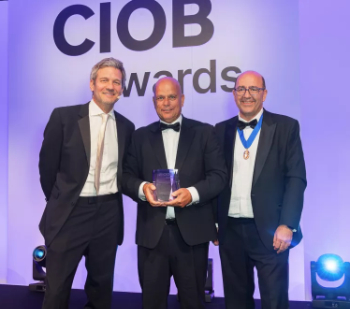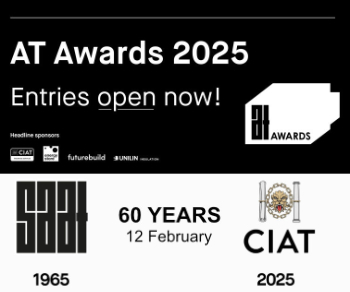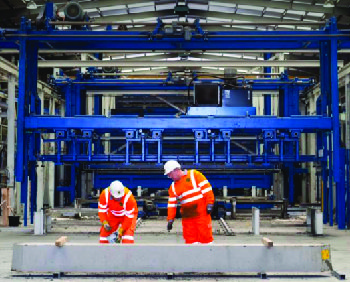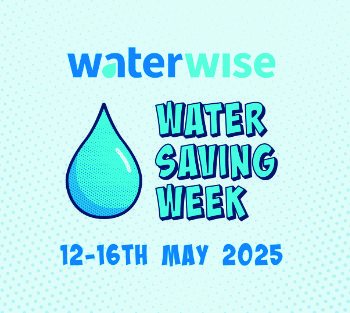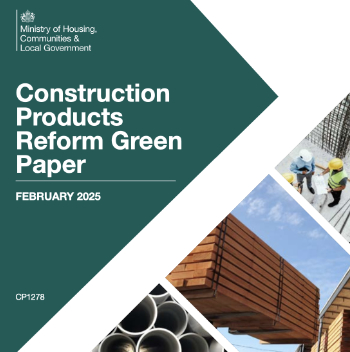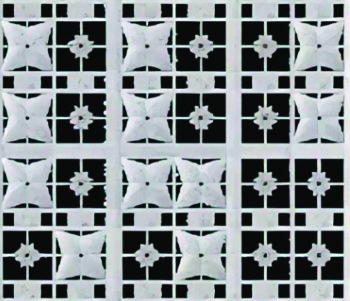The use of email in contract negotiations
Contents |
[edit] Introduction
Recent case law has, once again, revealed the dangers of protracted email correspondence creating an unintended contractual relationship between two parties.
Email is ubiquitous and is used increasingly as a means to convey 'pre-contract' requirements and terms between parties who envisage entering into a formal contractual relationship. However, unless care is taken it is possible for a contract to be formed between the parties based upon that email correspondence.
In law, a contract does not need to be signed for it to be enforceable. A contract can be verbal. Even where a contract does need to be signed, it does not necessarily mean signature with a pen. And the word 'signature' has been sufficiently widely interpreted to include e-mail names or even nicknames.
In modern email practice, where the use of the 'reply' or 'reply to all' options is common, users can find themselves in a situation where a long chain of correspondence is created that can be construed as forming the basis of a binding contract. This is amply demonstrated by the case of Golden Ocean Group v Salgoacar Mining Industries (2012), briefly described below:
[edit] The case
The Court of Appeal considered whether a chain of emails constituted an agreement ‘in writing’ between the parties, Golden Ocean Group (GOG) the owners of a vessel that it offered to hire to a subsidiary of Salgaocar Mining Industries (SMI) who would act as guarantor of their subsidiary.
Negotiations were mostly conducted by email. The purported guarantee was not discussed in any depth, but was referred to in the description of the charterer. But the final emails exchanged on behalf of the parties made no reference to SMI’s guarantee and no formal document was drawn up.
Shortly before the vessel was due to be delivered, SMI’s subsidiary denied the existence of a charter and said it was unable to proceed. GOG sought to bring proceedings against SMI as the guarantor. SMI contended the guarantee was unenforceable because it was not in writing and not signed by the guarantor.
The court disagreed and held the requirements necessary for a contract of guarantee had been satisfied. It found an exchange of emails could constitute an agreement in writing provided the transacting parties intended to be bound by it. The lack of a signature was not a barrier.
[edit] Preventative Measures
Conducting negotiations by email may expose a party to the possibility of unintentionally entering into an agreement. Parties should make it clear when negotiating in writing that they only intend to be contractually bound when a formal contract is drawn up and executed in a specified form. In the meantime all email should be marked 'subject to contract'. Even this is not foolproof but it should provide a measure of protection in the majority of cases.
It is also wise to avoid long strings of email correspondence.
[edit] Related articles on Designing Buildings Wiki
- Alternative dispute resolution.
- Contract.
- Contract claims.
- Causes of construction disputes.
- Email overload.
- Writing technique.
[edit] External references
- See the decision in full Golden Ocean Group v Salgoacar Mining Industries.
Featured articles and news
Deputy editor of AT, Tim Fraser, discusses the newly formed society with its current chair, Chris Halligan MCIAT.
Barratt Lo-E passivhaus standard homes planned enmasse
With an initial 728 Lo-E homes across two sites and many more planned for the future.
Government urged to uphold Warm Homes commitment
ECA and industry bodies write to Government concerning its 13.2 billion Warm Homes manifesto commitment.
Places of Worship in Britain and Ireland, 1929-1990. Book review.
The emancipation of women in art.
CIOB Construction Manager of the Year 2025
Just one of the winners at the CIOB Awards 2025.
Call for independent National Grenfell oversight mechanism
MHCLG share findings of Building Safety Inquiry in letter to Secretary of State and Minister for Building Safety.
The Architectural Technology Awards
AT Awards now open for this the sixth decade of CIAT.
50th Golden anniversary ECA Edmundson awards
Deadline for submissions Friday 30 May 2025.
The benefits of precast, off-site foundation systems
Top ten benefits of this notable innovation.
Encouraging individuals to take action saving water at home, work, and in their communities.
Takes a community to support mental health and wellbeing
The why of becoming a Mental Health Instructor explained.
Mental health awareness week 13-18 May
The theme is communities, they can provide a sense of belonging, safety, support in hard times, and a sense purpose.
Mental health support on the rise but workers still struggling
CIOB Understanding Mental Health in the Built Environment 2025 shows.
Design and construction material libraries
Material, sample, product or detail libraries a key component of any architectural design practice.
Construction Products Reform Green Paper and Consultation
Still time to respond as consultation closes on 21 May 2025.
Resilient façade systems for smog reduction in Shanghai
A technical approach using computer simulation and analysis of solar radiation, wind patterns, and ventilation.












